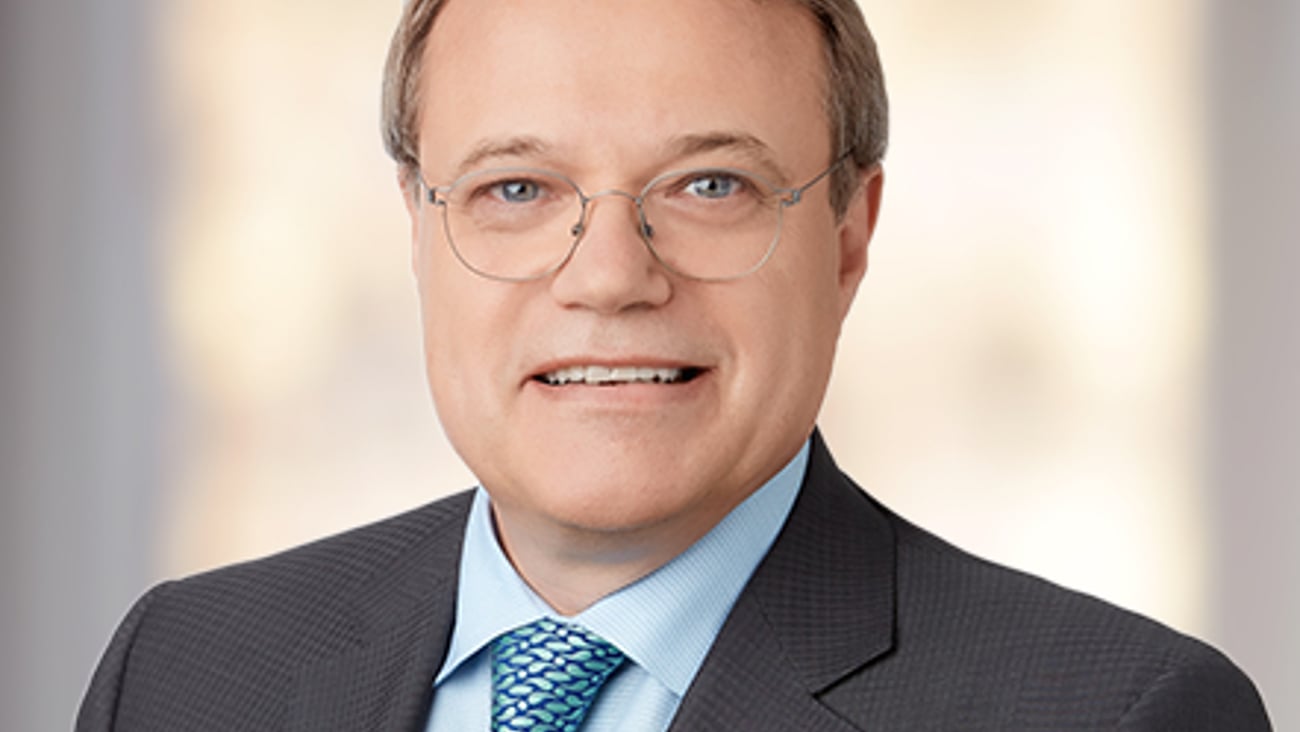Choosing your pharmacy's financial advisor
In all likelihood, the proceeds from the sale of your pharmacy will be the largest liquidity event of your career. As a result, your financial needs will change because, to put it simply, the level of sophistication required to manage a five-figure portfolio is markedly different from what’s needed for a seven-figure portfolio. As with accounting and legal resources, planning to sell your pharmacy provides an opportunity to re-evaluate your financial advice and confirm that you have the right advisor. While your net worth technically may not change, the conversion of your business assets into cash creates complexities you and your current advisor may have limited experience in managing. Your needs have changed. The financial solutions you have used in the past may not be adequate going forward.
It is important to recognize that the transition from a steady cash-flow-generating business to the income from a portfolio of financial assets is very different! Risk management becomes crucial. You no longer will see steady cash flow from your business; your cash flow will instead be exposed to an often-volatile market. Your assets will be liquid (your portfolio) rather than largely illiquid (your business). The recurring income from your pharmacy will be replaced by aperiodic and fluctuating returns from investments. And rather than building equity, your financial challenge will be to protect your capital. Thoughtful asset allocation choices will ultimately determine your success as an investor.
Here are a few suggestions for how you can make sure you have the right financial advisor to guide you through the next phase of your life:
- Check credentials: An undergraduate degree is important, but designations such as Certified Investment Manager (CIM®) or Certified Financial Analyst (CFA) suggest expertise in portfolio management. A Certified Financial Planner (CFP) will be adept at working with a portfolio manager to identify appropriate asset allocation.
- Be aware of financial intermediaries: These individuals might offer advice, but their focus may be on selling financial products as a source of livelihood. Often, these advisors work at bank-owned brokerages or insurance companies extending their products into retail investments.
- Find your niche: Some financial advisors specialize in certain kinds of clients and sectors. They might have particular interest and/or expertise in helping small-business owners; experience working with pharmacy owners can be a huge bonus to you – and ensure you are working with someone you can relate to.
- Ask about their investment and service style: In managing portfolios, are they oriented more towards value or growth, active or passive? How much contact (and in what form – meetings, calls, written communications) do they have with their clients? Does this suit your needs?
- Run a background check: Have they been the subject of a regulatory or industry-group investigation? Have they ever been convicted of a crime? (You might be surprised!). Check references and when possible speak with other clients.
- Beware of market-beaters and soothsayers: No one can safely make guarantees that they can beat the market, and anyone who does may be taking risks you may not want to take. And if your advisor claims to know how much the market (or the price of gold or oil) will rise, do not believe it. Run, do not walk, away from these characters.
- Find someone you can trust: A good financial advisor is someone who understands you. They are patient. They are prepared to teach you, to help you and your family beyond investing, and to meet with other of your advisors as needed. Ask yourself: Is your current advisor a good active listener?
- Find a fiduciary: This is probably the most important element of a good advisor, who should pledge to act in your best interests at all times.
- Consider a discretionary manager: This is especially helpful if you want to delegate day-to-day security selection. By doing so, you will free up time to enjoy your retirement – with travel, golf, or other leisure activities – rather than sitting around watching the stock market.


